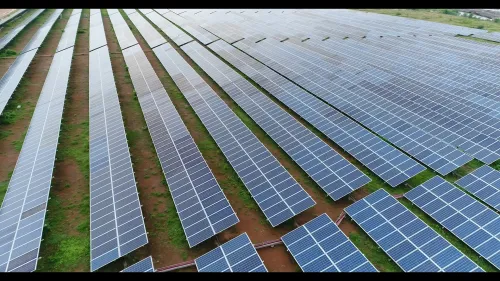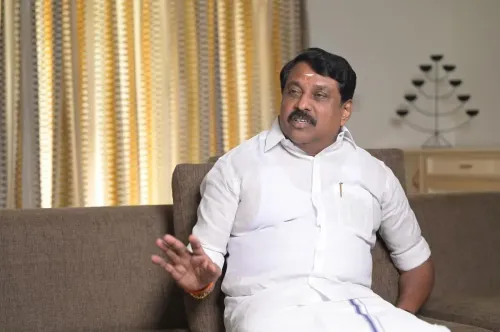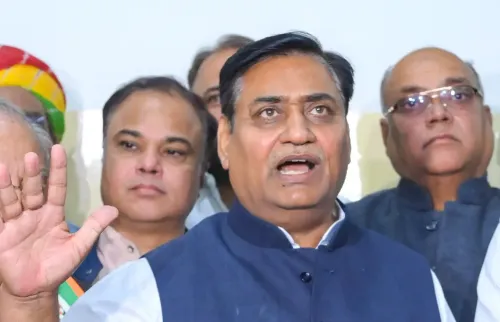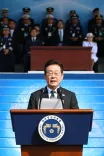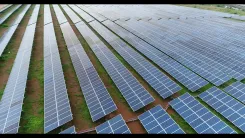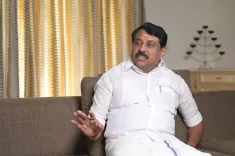Will the government establish a unified platform for textile sector challenges?
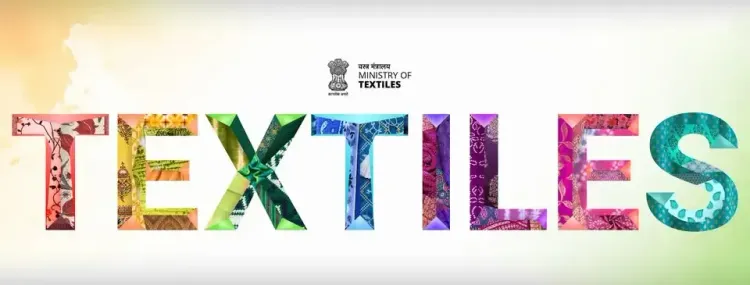
Synopsis
Key Takeaways
- Unified platform for textile sector challenges
- Engagement of all stakeholders
- Aiming for $100 billion in textile exports by 2030–31
- Focus on innovation and market competitiveness
- Formation of sub-task forces for recommendations
New Delhi, June 11 (NationPress) The government is set to establish a cohesive platform aimed at tackling significant challenges in the textile sector by engaging all relevant stakeholders to collaboratively develop a strategy for reaching the ambitious $100 billion goal for textile exports by 2030–31, stated Commerce Secretary Sunil Barthwal.
During the inaugural meeting of the Task Force on Textiles Exports, he emphasized the urgency of creating strategies that would boost India’s share in global markets.
The discussions during the meeting encompassed a wide range of topics concerning the entire textiles value chain. This included skilling, labor, cost competitiveness, renewable energy adoption, sustainability, manufacturing scale, and existing government support initiatives for the textiles industry. Topics such as Quality Control Orders, logistics, promotion of GI products, productivity improvements for natural fibers like jute, and aspects related to the Export Promotion Mission initiated by the Department of Commerce were also on the agenda.
Rajesh Agrawal, Special Secretary of the Department of Commerce, underscored the importance of focusing on innovation and staying abreast of the latest trends to capture a larger share of the export market.
Furthermore, Special Secretary L Satya Srinivas noted that textiles represent one of the principal sectors prioritized by the Department of Commerce for exports. He indicated that while the government is actively pursuing trade agreements with various nations to eliminate tariff obstacles, the industry must devise plans to leverage these agreements more effectively.
Additional Secretary Rohit Kansal showcased various programs from the Textiles Ministry, such as the PM MITRA initiative, to bolster the industry.
Representatives from several Textiles Export Promotion Councils and Industry Associations, along with their exporter members, shared their insights and suggestions on numerous issues.
It was also resolved that sub-task forces would be established, spearheaded by the respective Ministry, with participants from export promotion councils and the industry, to develop and present pertinent recommendations to the Task Force.


